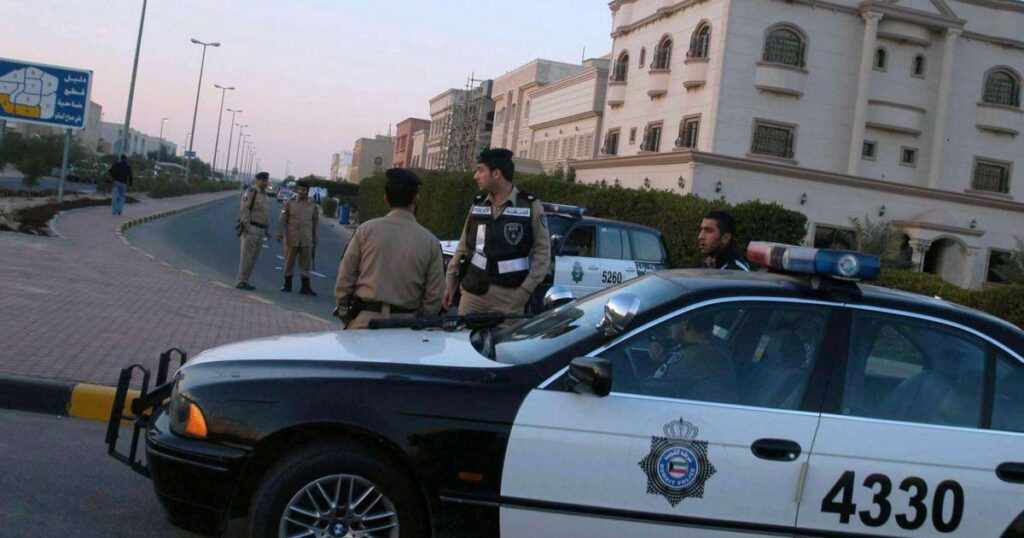Bahrain – While the new government promised to address the issue, the Kuwaiti judiciary chose to fine and imprison two people on allegations of money laundering.
Sheikh Mazen Al-Jarrah Al-Sabah, a member of the ruling family, and businessman Nawaf Al-Shalahi were sentenced to five years in prison and fined one million and three hundred sixty thousand dinars by the Kuwaiti Court of Appeal, presided over by Counselor Wael Al-Ateeqi, for money laundering in the case of the bribery of the Bengali MP.
The Court of Cassation decided last year to permanently, Major General Al -Jarrah and Al -Shalahi, in the case of the Bengali MP, who is convicted of human trafficking, Mohamed Shahid, who were imprisoned for seven years with work, enforcement, and fining each million and 970 thousand Kuwaiti dinars.
The Hassan Al-Khidr Prison official was also sentenced to seven years of probation, work requirements, a fine of 180 000 dinars, and job isolation by the court.
On June 7, 2020, the Kuwaiti authorities detained a member of the Bangladeshi Parliament who later confessed to helping bring in foreign workers for phoney contracts with the help of a former MP, businessman Nawaf Al-Shalahi, and Major General Al-Jarrah in exchange for money.
These rules were announced at the same time as Kuwaiti Prime Minister Sheikh Ahmed Nawaf Al-Ahmad Al-Sabah promised to include in the work programme of his new administration “fighting corruption, promoting integrity, and drying up money laundering sources.”
The economy of Kuwait had a decline in corruption and money laundering, which prompted earlier administrations to implement a number of measures to end the abuses.
The Department of Money Laundering and Terrorism Financing imposed 56 preventive measures against the infringing enterprises, according to information provided by the Kuwaiti Ministry of Trade and Industry in October 2020.
The sanctions, according to a statement from the ministry, included warnings to two insurance businesses, 17 jewellery companies, 20 real estate companies, and an exchange company.
It stated that among the steps was a directive to three jewellery businesses to adhere to particular protocols in order to abide by the law and prevent infractions.
A number of Kuwaiti celebrities and musicians were linked to the money-laundering phenomena in 2020, which caused the Public Prosecution to establish a pre-council of accounting specialists last month to investigate the accounts of those accused of doing so.
In August 2020, the Public Prosecution book all yachts, vehicles and water bikes owned by these celebrities after a decision was issued to freeze all their banking assets and prevent their travel.
The same year, the money laundering scandal that shook Kuwait’s public opinion was revealed to have implicated gambling casinos in Europe and Britain by the Al-Qabas newspaper in September.
In August 2020, the Supreme Judicial Council of Kuwait made the decision to halt seven judges and subject them to an investigation due to their possible connections to the Iranian accused of money laundering Fouad Salehi Al-Mahbus’ network.
Beginning in 2020, the Kuwaiti government began to take action against any attempts to launder money and to halt the operations of fifteen infringing companies.
An individual from Kuwait’s royal family who was convicted of money laundering received a 5-year sentence.

